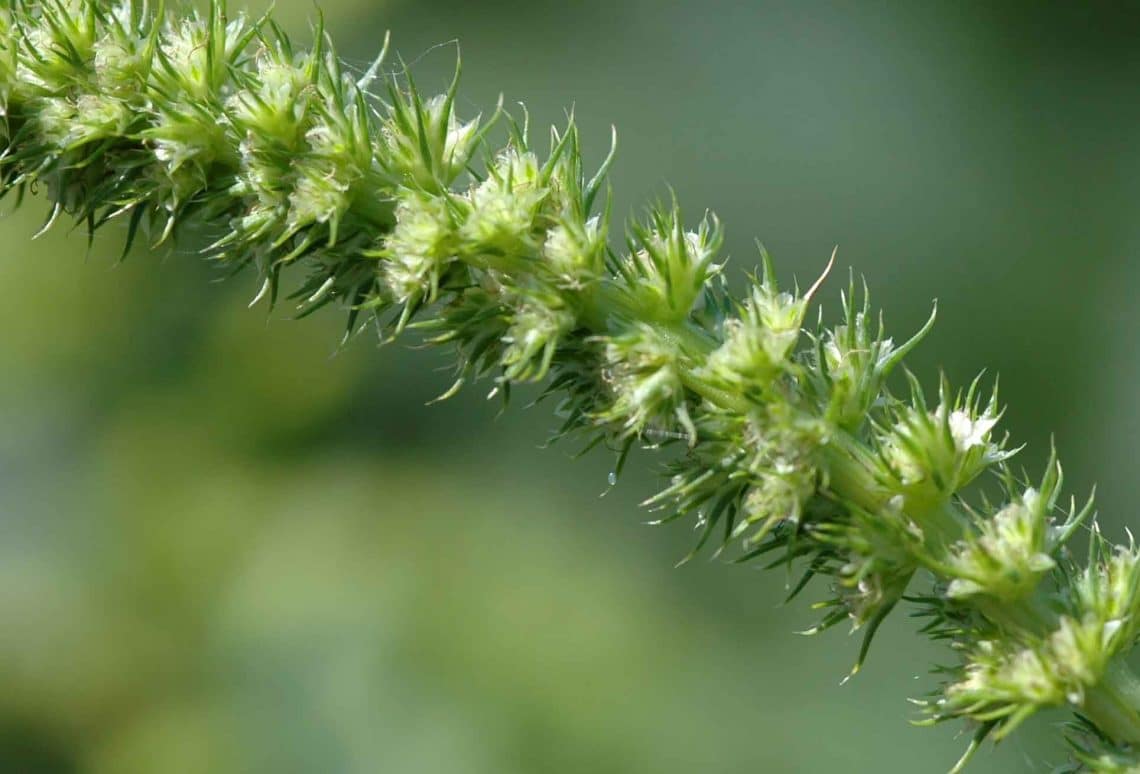Yesterday (May 9), the American Seed Trade Association (ASTA) hosted a meeting of grower groups, seed companies and state government officials to discuss a collaborative approach to addressing Palmer amaranth and other weed seed issues. The meeting, which took place in Des Moines, Iowa, served as a productive information exchange and strategic dialogue about potential short- and long-term solutions.
“Weeds like Palmer amaranth move through many different routes, so controlling them requires an active, unified strategy, including growers, industry and government,” says Andy LaVigne, ASTA president and CEO. “The meeting brought together key stakeholders to discuss lessons learned, and strategies for collaboration moving forward as we deal with Palmer amaranth and other new and emerging weed seed issues.”
The meeting raised awareness about the importance of state seed regulatory systems. When it comes to purchasing seed, meeting participants underscored the need to communicate with growers the importance of buying professionally produced seed from a company licensed to do business in the state, and specifically checking if seed was tested both for performance and for presence of Palmer amaranth and other weeds.
Professional regional seed suppliers take great care in managing seed production to reduce the presence of diseases, pests and weeds to meet local needs. This includes field preparation and inspections throughout the growing process; properly cleaning seed using state-of-the-art equipment to maintain quality; and testing to ensure high-quality performance standards are met.
Seed companies must also comply with federal and state requirements for seed purity and germination, and these results must be listed on the seed tag. For more information on environmental and conservation seed, including a list of professional seed suppliers in each region of the U.S, visit betterseed.org/the-issues/environmental-and-conservation-seed/. ASTA has also provided Seed industry Best Management Practices for Native Seed production.
Farmers who have identified Palmer amaranth in fields or conservation plantings are urged to contact their local Natural Resource Conservation Service, Farm Service Agency or Extension professional.











